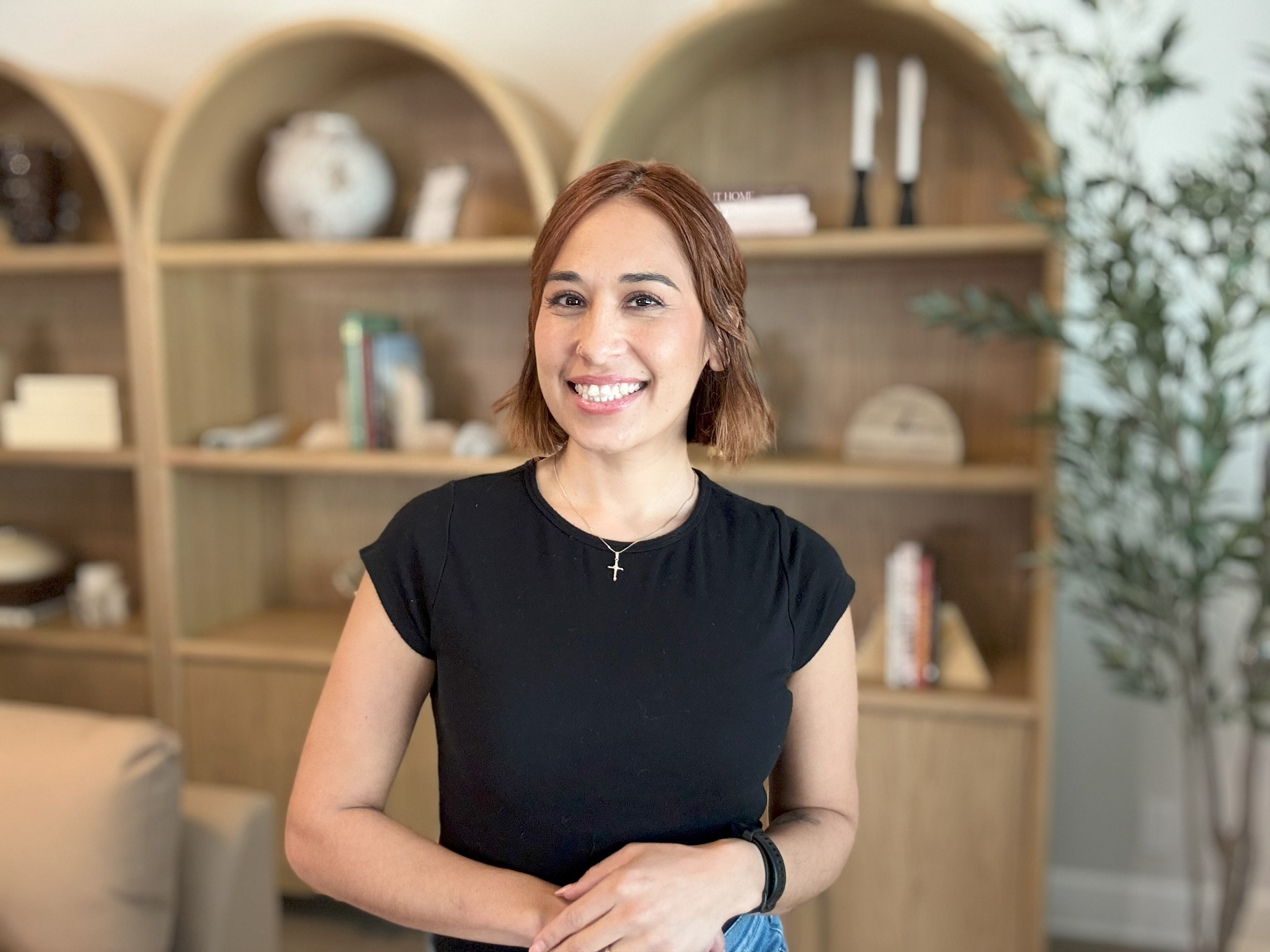Inside Interwell: Bringing Employees Together to Improve Our Patients’ Lives
Leslly Matznick, director of healthcare operations at Interwell Health, explains the importance of working with others who have diverse backgrounds and how her team helps improve patient outcomes.
tags

As director of healthcare operations at Interwell Health, Leslly Matznick oversees nearly 70 care coordination team members. She also leads Interwell’s Employee Resource Groups (ERGs).
Q: What sets the care coordination team apart from other healthcare operations teams?
LM: To me, what stands out is the creativity and tenacity each team member brings to their work. No two patient requests are the same, and the team constantly adapts to the unique dynamics of each patient's household, experiences, and needs.
Our teams that make up care coordination include:
Member support coordinators: They are the face of Interwell, serving as the first point of contact for patients calling in. They need to be familiar with everyone's workflow to either resolve the patient's need on the first call or route them to the correct team.
Transportation team: This team arranges access- or transplant-related transportation for both chronic kidney disease (CKD) and end-stage kidney disease (ESKD) patients.
ESKD and renal service coordination: These teams connect patients to providers, schedule appointments, and help them navigate complex health systems. They secure durable medical equipment (DME), explore home health options, and research community resources when insurance doesn't cover a need.
Each team needs a high level of critical thinking to find the best way forward, which means they may have to do something they've never done before. Much of our work can't be detailed in standard work documentation because every scenario is different. This makes the work exciting and ensures there's never a dull moment.
Q: How would you describe your team's impact on patients?
LM: Our goal is to remove barriers for patients who are very sick and need help. I was drawn to Interwell by the idea of a team dedicated to helping people do things they can no longer do for themselves. We connect with patients, understand what they're going through, and help them break through barriers.
We know a lot about insurance and how to navigate healthcare systems, which can be complex. For example, with DME we can coordinate everything from the primary care physician appointment to getting the order and ensuring the vendor delivers the equipment. These small steps can be incredibly difficult for a patient undergoing treatment three times a week or someone newly diagnosed with CKD. We educate patients and help alleviate the significant burden that comes with managing their health.
“When employees feel they have a deeper connection to each other, it changes how they show up at work. It is about taking care of the people who take care of our patients.”
Q: You also oversee Interwell’s eight employee resource groups. What inspired you to take on that leadership role?
LM: My journey with ERGs has been transformative. I used to be skeptical, viewing them as a distraction from work. That changed when I began working remotely at a previous company and felt a sense of disconnection. I decided to join an ERG, and it completely changed my perspective. I was able to network with colleagues I wouldn't normally interact with, learn about different roles, and regain a sense of belonging.
When we established ERGs at Interwell, I wanted to help create that same space for connection. When employees feel they have a deeper connection to each other, it changes how they show up at work. It is about taking care of the people who take care of our patients.
Personally, it has taught me how much I don't know and exposed me to the diverse experiences of my colleagues. For example, through our CARES ERG, I learned about the challenges faced by employees who are caregivers for both their children and their parents, which gave me a new appreciation for Interwell's benefits.
Q: How do ERGs contribute to a more inclusive and supportive environment?
LM: I see their primary contribution as fostering connections. Just as we serve patients, these groups allow employees to serve one another. They provide opportunities for leadership development, skill-building, and learning. An employee who wants to develop leadership abilities might not have an immediate opportunity in their role, but they can lead an ERG event and start exercising those muscles.
ERGs also facilitate networking and mentorship. They offer a natural way to connect with someone in a role you are curious about for a quick chat. This feeling of being grounded and connected ultimately improves how we show up when caring for our patients.
Q: What do you like most about your work?
LM: No two days are the same, which makes the work exciting. It is constant problem-solving. I also love that we are always seeking ways to improve. Two of our values, "We are better when we work together" and "Humility is a source of our strength," are things I see in action every single day. We are constantly determining how we can provide a more optimal experience for the patient.
It is incredibly rewarding to work for a mission-driven company where your daily tasks directly tie into that mission. It brings joy to my work to know we are making our processes better so our frontline teams can focus on what is most important: our patients.